Small island developing states such as Fiji and The Seychelles have suffered economic fallouts from the decline of tourism. These ocean states have realised that ocean preservation is key to their recovery. Fiji partnered with Vulcan Inc. to map its coral reefs, setting aside 30% as legally protected areas. The Seychelles partnered with The Nature Conservancy to complete the legal, scientific and political groundwork to map and reserve 30% of their ocean territory as a Marine Protected Area under its blue economy strategy.
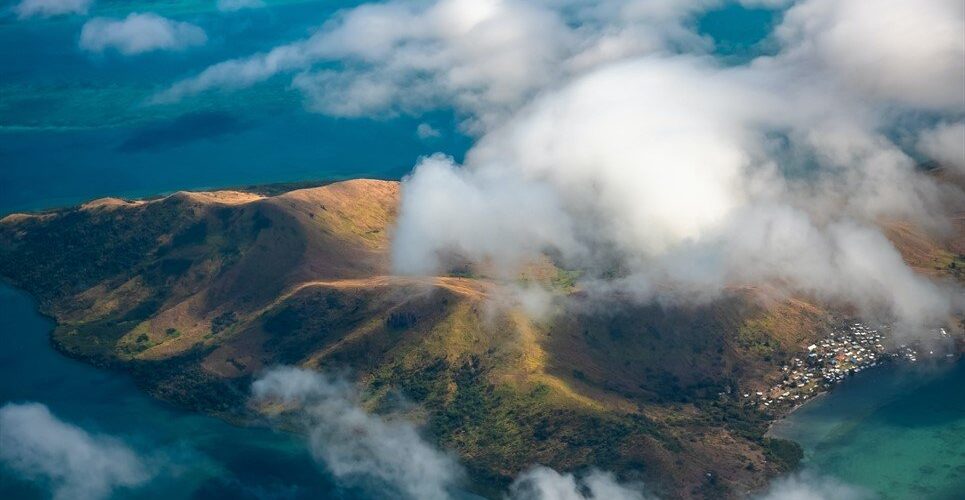
So what?
The economic fallout from coronavirus has catalysed these developing states to reform their national development strategies to support robust economies and deliver the shift to more sustainable and resilient communities through implementing new Marine Protected Areas. Marine Protected Areas are not only the most effective way to conserve and restore marine life, they also offer economic benefits through tourism and improving fish stocks.
Signal spotted by: Oriana Brine
Photo by Janis Rozenfelds on Unsplash

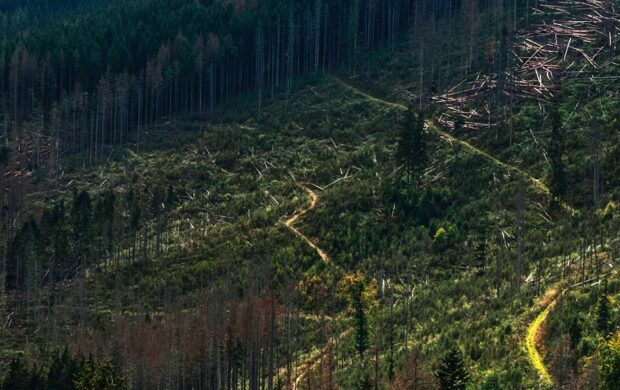

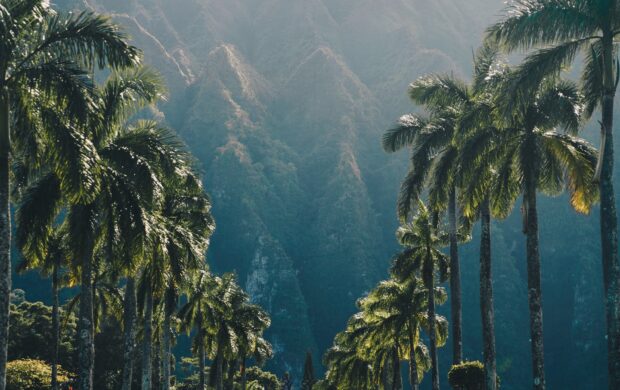
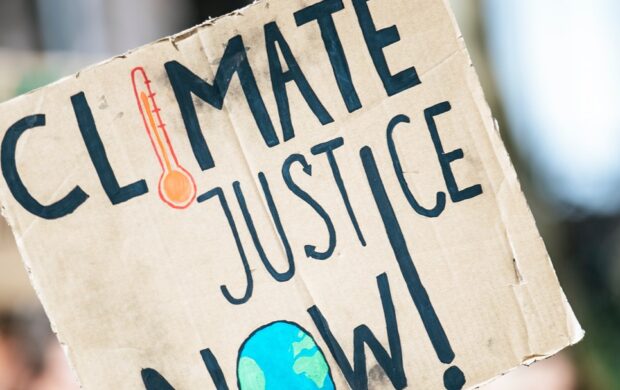

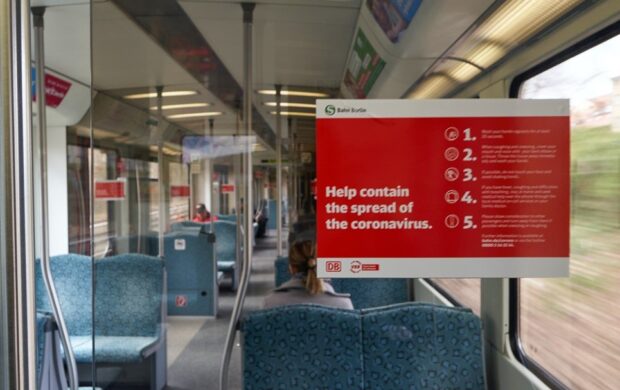
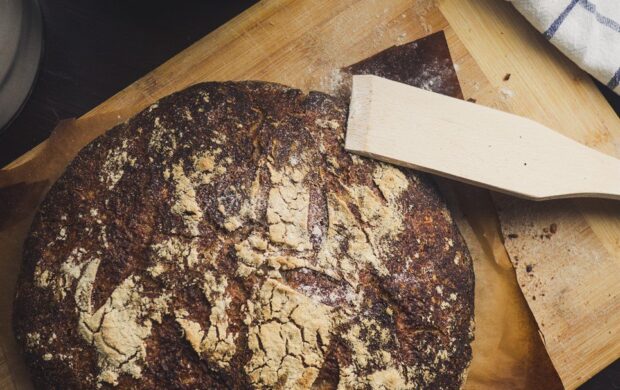
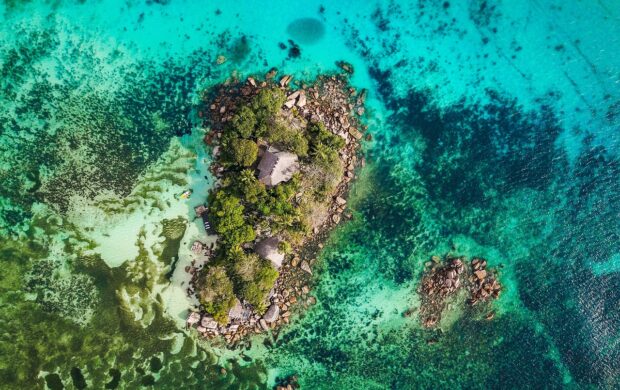


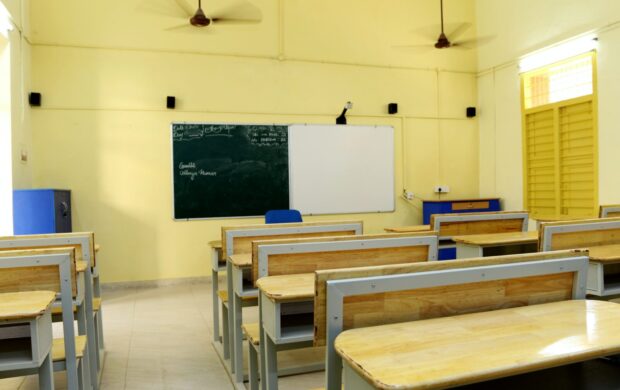
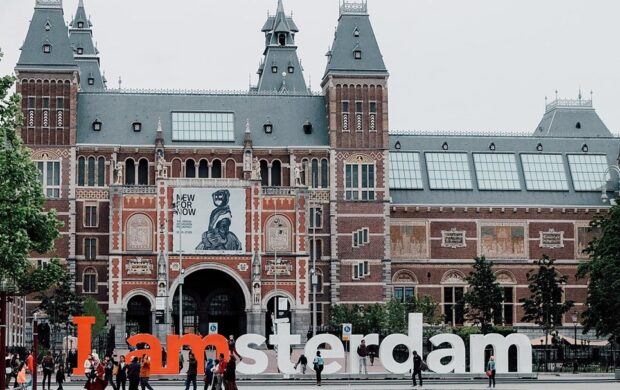
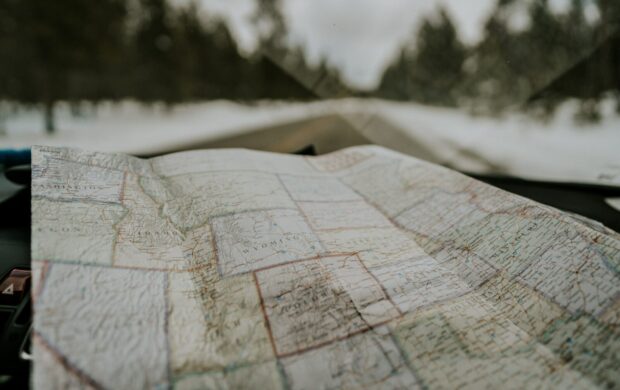

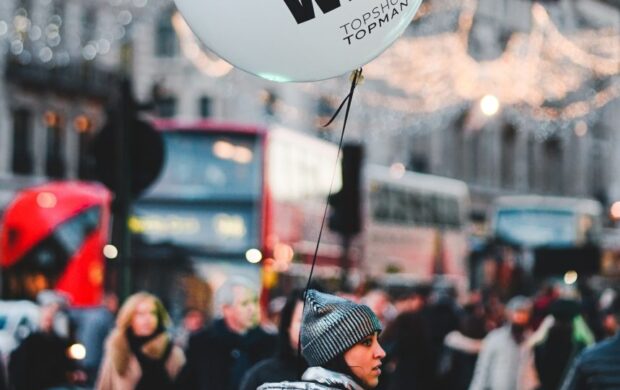
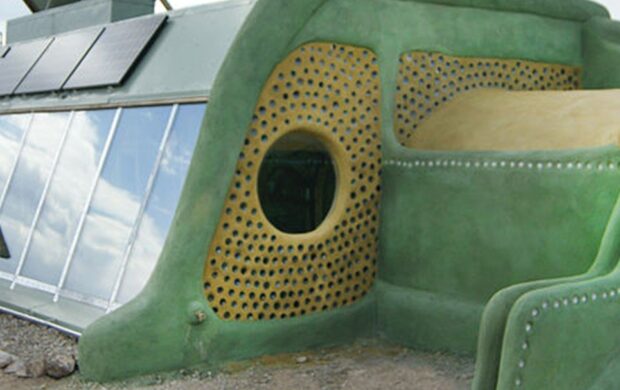
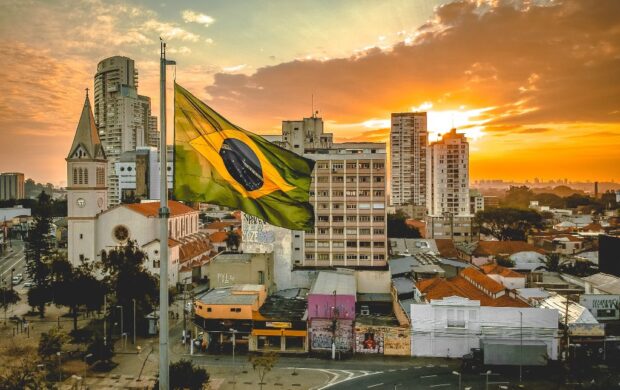
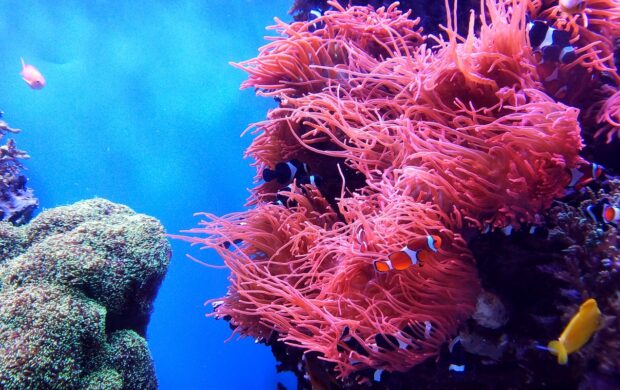

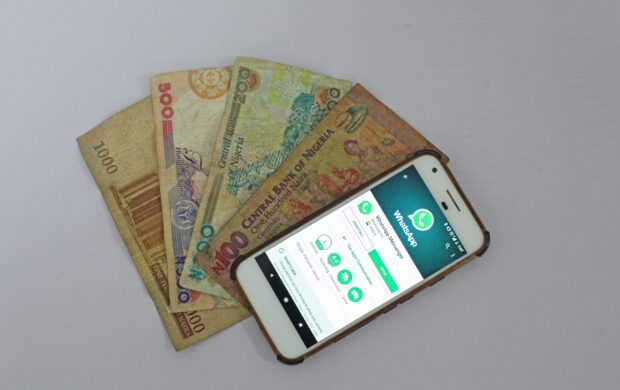

Join discussion